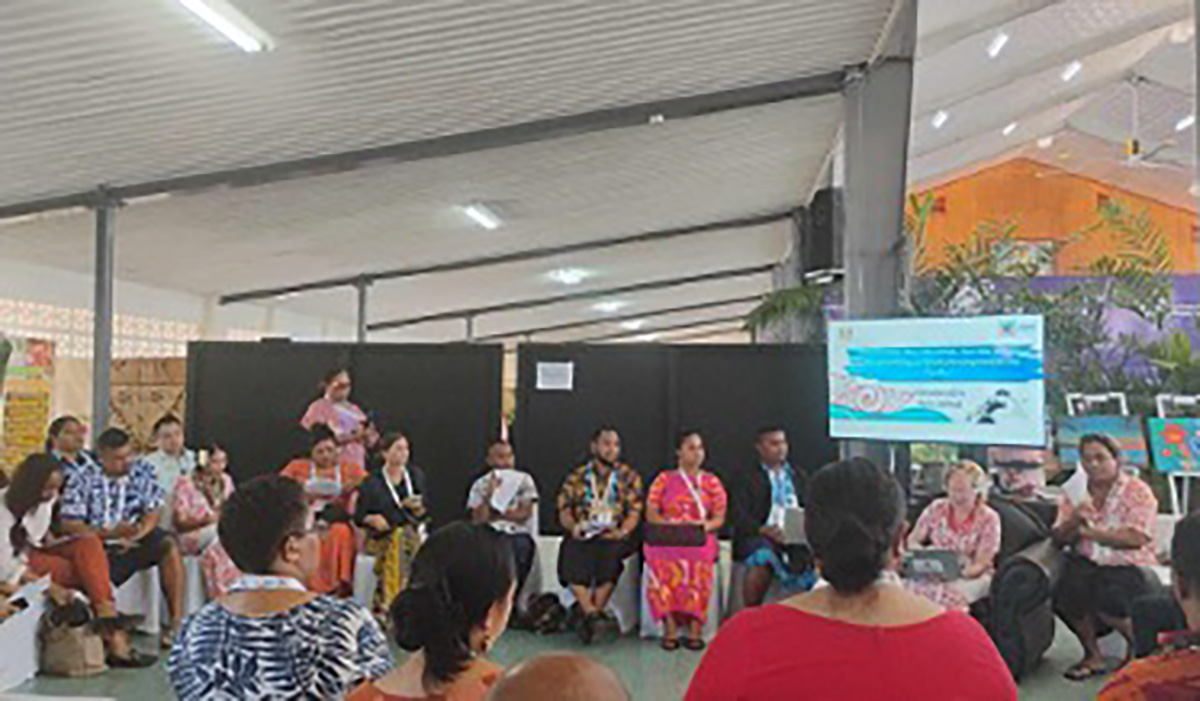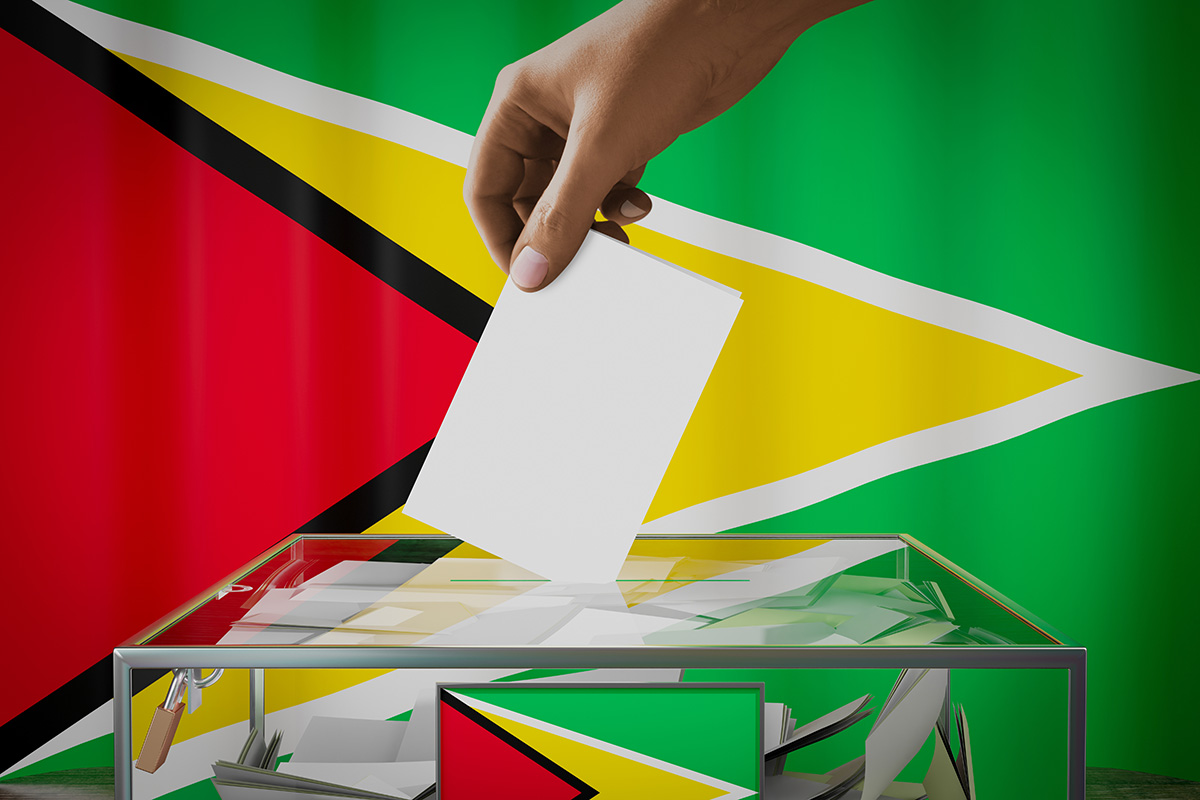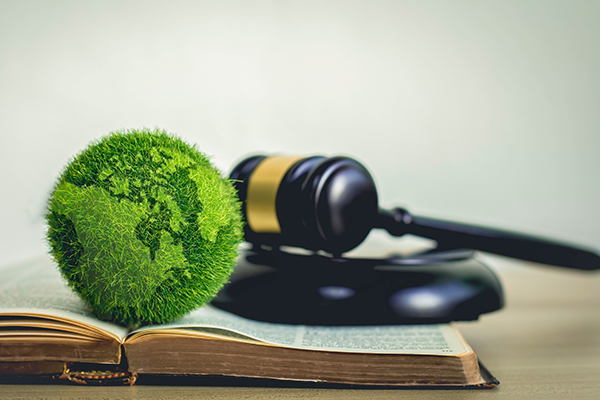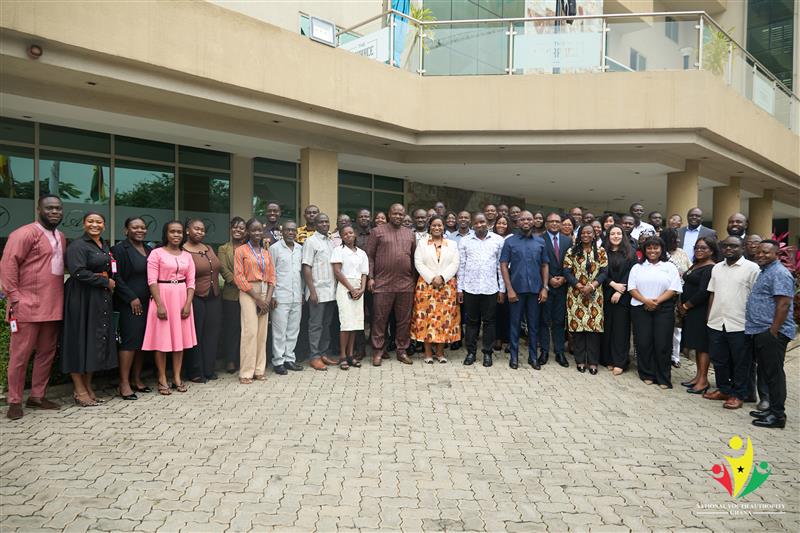Reflecting on the Commonwealth Youth Forum: Breakout Rooms to Discuss a More United Future
December 1by Jasmine Koria
Photo Caption: The SPC (Pacific Community) Breakout Room on Day 1 of the Commonwealth Youth Forum. This session was facilitated by representatives of the SPC (Pacific Community), with the assistance of Commonwealth Youth Forum International Taskforce Members Sabina Moce and Va’agi Kevin Lucky (far right)
by Jasmine Koria
Participants at this year’s Commonwealth Youth Forum enjoyed an array of networking and knowledge-exchange opportunities. Paralleling the four broad pillars of the forum – Resilient Democracies, Resilient Environments, Resilient Economies and Resilient Societies – delegates and observers had the opportunity to engage with specific sub-topics via smaller curated sessions dubbed ‘Breakout Rooms’. Each pillar had at least four corresponding Breakout Room sessions; attendees were encouraged to join whichever of the ‘rooms’ piqued their interest the most.
Commonwealth Youth Forum International Taskforce Co-Chair and President of the Samoa National Youth Council, Va’agi Kevin Lucky co-facilitated the Pacific Community’s session on the Pacific Youth Development Framework. He acknowledged the long-standing commitment of the SPC to advancing the cause of Pacific youth empowerment, and particularly their continuous work with the Pacific Youth Council. Va’agi stressed the imperativeness of consistent support from partners such as SPC as one of the best ways to prevent tokenism and ensure the longevity of youth initiatives in the Commonwealth.
Eseta Le’au, also of the Commonwealth Youth Forum International Taskforce, shared that facilitating the Samoa Youth Solutions Breakout Room session was an informative experience, as it included presentations from the Samoa Victims Support Group, the Samoa Conservation Society and the Aumaga Dance Group. Ms. Le’au noted that the representatives from each of these youth-centric, community-based organizations provided inspiring first-hand accounts of their ongoing advocacy for environmental conservation, the eradication of gender-based violence and the revitalization of indigenous skills and values. She emphasized, above all, the importance of “holistic learning” within youth spaces. The Brown Girl Woke Youth Empowerment Organization’s Breakout Room focused on helping aspiring youth activists and upcoming youth organizations develop effective social media platforms and presences. The session drew in a notable crowd, being hosted by popular local radio personalities Iosefa Domingo Enari and Hairani Mudiliar.
Each Breakout Room hosted between 30 and 60 people. Masters of ceremony, Nahjae Nunes, Petronilla Molio’o and Va’agi Kevin Lucky encouraged participants to also try out Breakout Sessions which focused on topics that they were not familiar with, or which they felt they needed to learn more about. Breakout Sessions were largely interactive, with facilitators giving attendees the opportunity to participate in various written and practical activities, discuss specific scenarios and moots, ask questions, and of course take notes for further study. Breakout Room sessions were conducted on both days of the forum, with many delegates expressing that they had enjoyed the sessions so much that they wished there had been more.
Reflecting on the impact of the Breakout Room Sessions, a Pacific Observer stated that he had attended one session from each of the topical Breakout Rooms, and had learned from these spaces new and updated information on several topics which he was interested in. This sentiment was echoed by National Delegates Nicc Moeono and Tupe Feata Roberts; Moeno having also been a Breakout Room facilitator.
Jasmine Koria has a keen lifelong interest in youth work and community development. She has served as an educator, educational administrator and educational consultant for several years. She is also a published writer. Aside from teaching and writing, She enjoys serving Samoa and the Pacific in various international spaces and diplomatic capacities. Her ambitions include helping to raise literacy levels in the developing Pacific and strengthening the relationships between Commonwealth countries.




